As the improbable PM candidate, Sharad Pawar turns 80
- Rommel Rodrigues
- Dec 12, 2020

I might have been among the very few club reporters who quite early in one’s career was able to interact with the quintessential politician Sharad Pawar, although for brief interactions when he was the Chief Minister of Maharashtra, however till the time he was in Indian National Congress, at every turn of major political events in Delhi I would persistently reverie that somehow he would make it to the top post of the country.
Even as a novice in political journalism I knew very well that the possibility of a non Nehru–Gandhi family member was extremely slim, however somehow Pawar the Maratha strongman, maverick politician and administrator I had seen and tracked, it only seemed fair to think that he could make it.
Despite the fact that Gandhi family's influence and dominance ran deep within the ranks of the Congress, since Indira Gandhi who was its President for two years from 1959 till 1978 there were over half a dozen non-Gandhi family members helming the party. Even latter in 1991 and in 1996 two non-Gandhi family members P.V Narasimha Rao and Sitaram Kesri held the top post.
In the 90s I tried to seek endorsement to my hunch by talking to senior politicians and it was repeatedly and summarily dismissed by all, the foremost reason cited was his 'unreliability' in sticking to one faction.
After starting early in student politics with the Youth Congress in 1958, Pawar rose as the protege of Yashwantrao Chavan, and won his fist assembly elections in 1967 from his hometown Baramati.
When the Congress split in 1969 he moved with his mentor Chavan to a new faction Congress(R), in 1977 he moved to another faction of Congress (U).
In 1978, he parted ways with the Congress (U) and formed a coalition government under the name of Progressive Democratic Front (PDF) , with Janata Party and became the youngest CM of the state at the age of 38 of Maharashtra, a record which he still holds. Two years later the PDF government was dismissed and in 1980 A.R. Antulay became the CM of Maharashtra.
Pawar then moved to lead the (Congress(S) party in 1983 and he decided to fight the Lok Sabha election from the Baramati parliamentary constituency in 1984 while simultaneously fighting the assembly elections as well.
He won both but since under his presidency Congress (S) won 54 seats out of 288 in the assembly, he preferred to return to state politics, and resigned his Lok Sabha seat. Pawar became the leader of the opposition of PDF coalition which included the BJP, PWP, and the Janata party.
In 1987 he jumped ship to Congress (I) and a year later perturbed by the steady rise of regional party Shiv Sena, the then Congress President Rajiv Gandhi appointed him as the CM, and he continued for another term in 1990 after he formed the government with the support of a dozen independent MLAs.
"He cannot be and will never be trusted by anyone in Congress at least," I remember one top politician at that time telling me straight up on my face, almost suggesting that I should not be even thinking of such a possibility of Sharad Pawar becoming the Prime Minister. He must have had an axe to grind, but Sharad Pawar’s ambition for the top office was well known to all.
His tryst with the PM's office came close in 1991 when during the course of the election campaign, Rajiv Gandhi was assassinated and considering that Congress contingent from Maharashtra was the largest, Pawar felt he had a legitimate claim for the post of party president and thus the prime minister.
I remember distinctively that team Pawar with nearly 38 MPs from Maharashtra tried hard with presentations to the high command of how they would tackle the sever problems plaguing the country at that time, the Indian economy was crumbling, terrorism in Punjab and Jammu & Kashmir was not ebbing, there were internal issues like the Mandal and the Ram Mandir movement peaking.
Pawar's supporters lobbied very hard for him, but the 'unreliability' factor reigned heavily against him. Gandhi family loyalists like Arjun Singh who was also a contender, N D Tiwari, PC Alexander, and even Sunil Dutt who was from Mumbai did not back him. The party elected P.V. Narasimha Rao who got the backing of over 90 MPs from South India as the party president and Pawar had to settle as the Defence Minister under Rao who became the Prime Minister.
In 1993 after Sudhakarrao Naik had to step down post the Bombay riots, Rao asked Pawar to go back to the state as the CM, his fourth term. Pawar's national ambition did not die down though and in 1997 he again but unsuccessfully challenged Sitaram Kesri for the post of party President.
After the Lok Sabha elections in 1999 Pawar along with old time Congress leaders P. A. Sangma, and Tariq Anwar revolted against party president Sonia Gandhi demanding someone native-born as the Prime Ministerial candidate in place of Italian-born Sonia. The three were expelled, in response Pawar, Anwar and Sangma founded the Nationalist Congress Party (NCP).
Pawar's NCP however continued to align with the Congress party both in the centre as well as in Maharashtra and after the 2004 Lok Sabha elections, his party NCP joined the Congress led United Progressive Alliance (UPA) government and was made the Agriculture Minister, which he retained in 2009.
In the years Pawar tried to make some headway into the third front but it only gave a chance to unlikely prime ministers H D Deve Gowda and Inder Kumar Gujral.
Pawar is now seen as the brain child and the binding force of the Maharashtra Vikas Aghadi government, comprising Shiv Sena, NCP and Congress that is ruling Maharashtra,
So at a grand old age of 80 and not keeping good health does Pawar with his immense knowledge of grass roots of Indian politics has any chance of being the PM at all? Most political pundits and experts say no, considering the current scenario where BJP clearing on the lead, perhaps they are right.



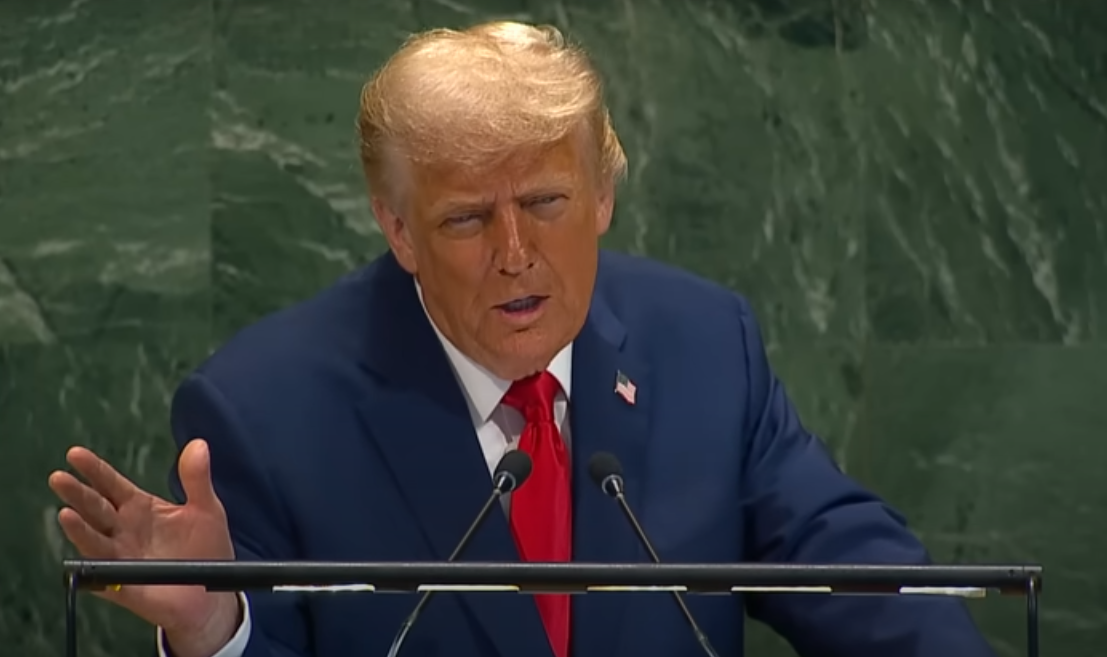
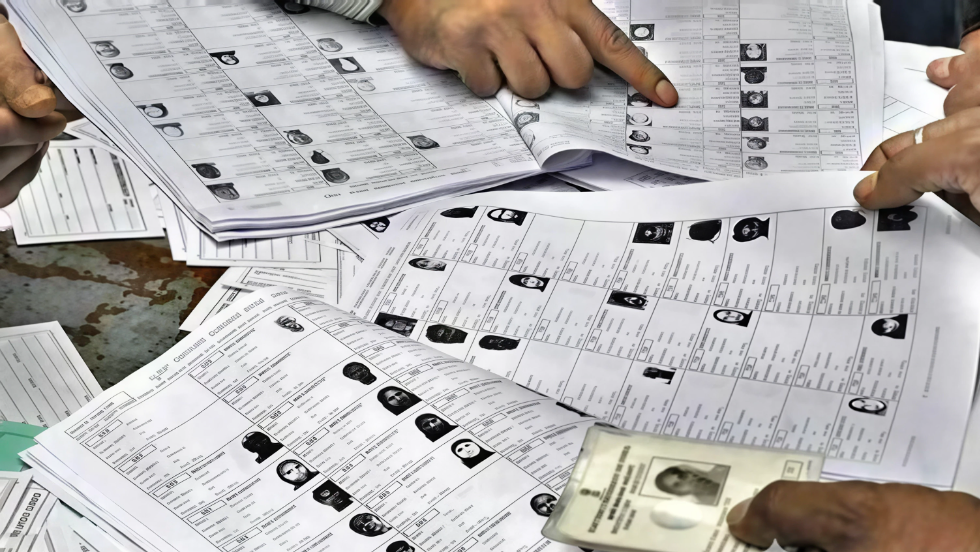
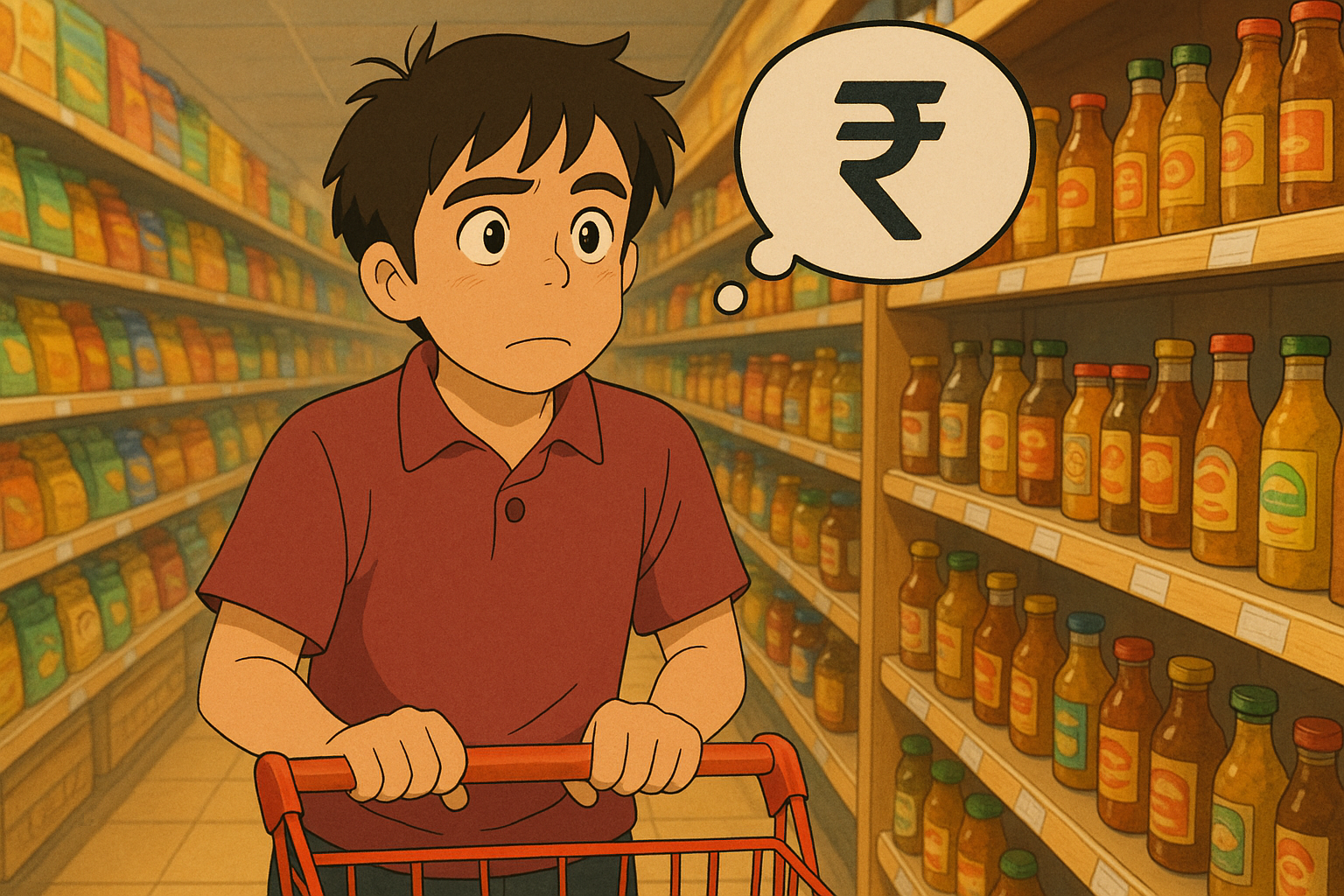
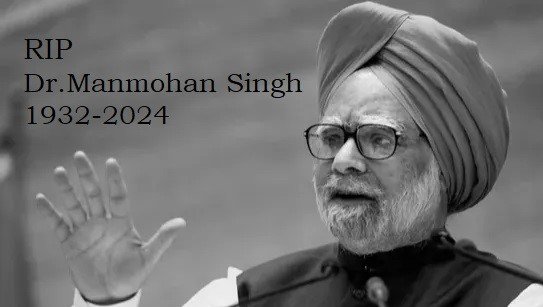
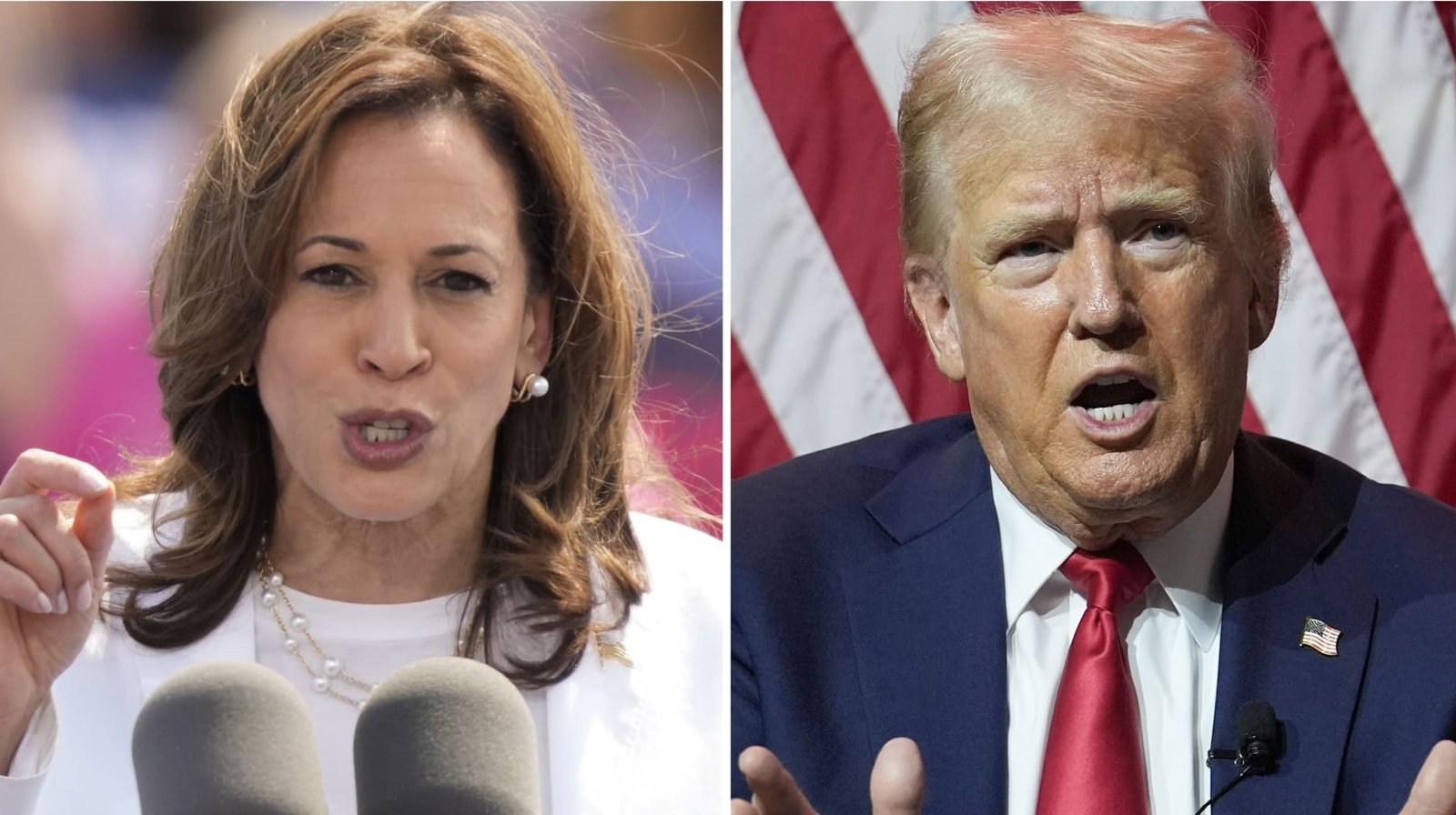
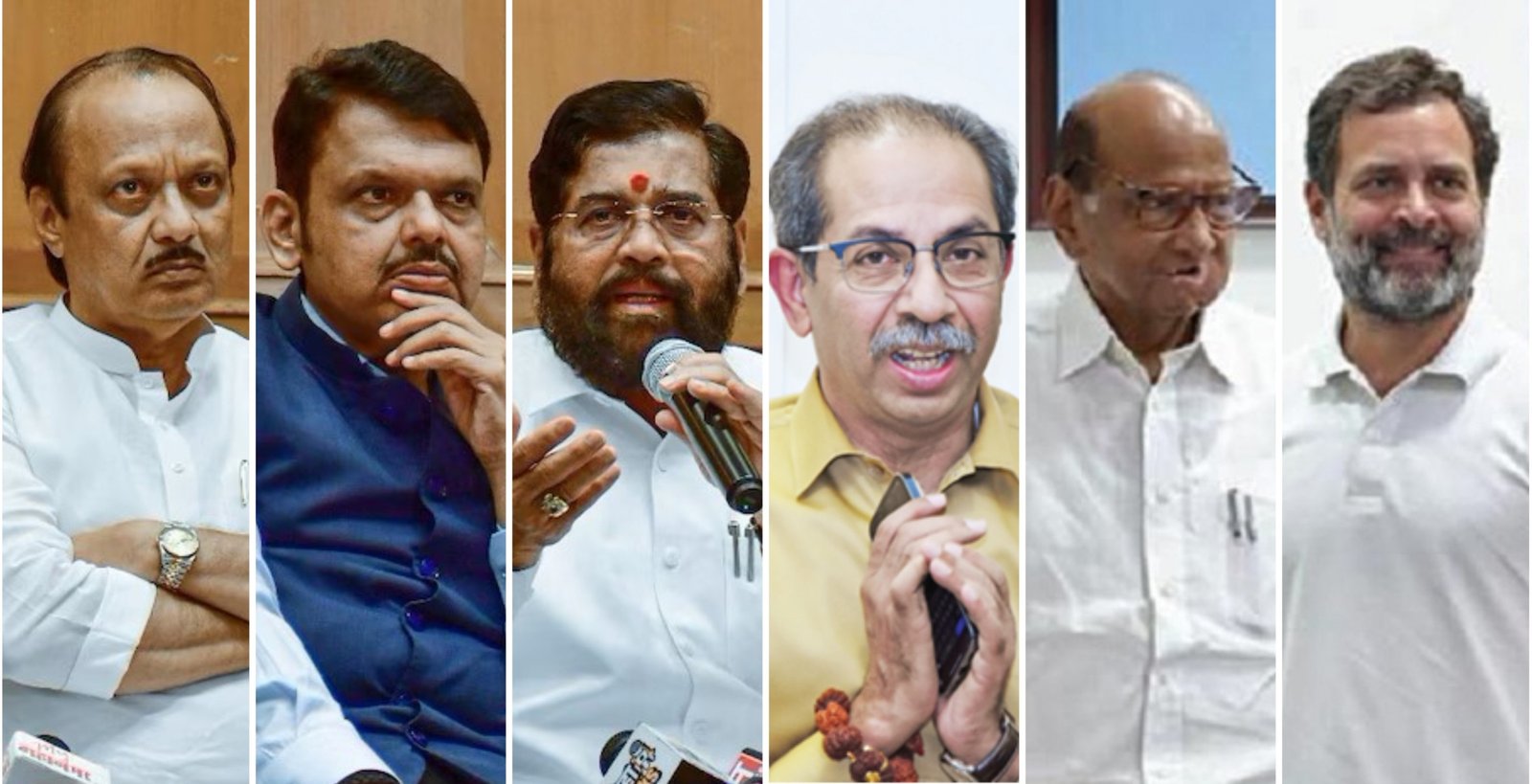
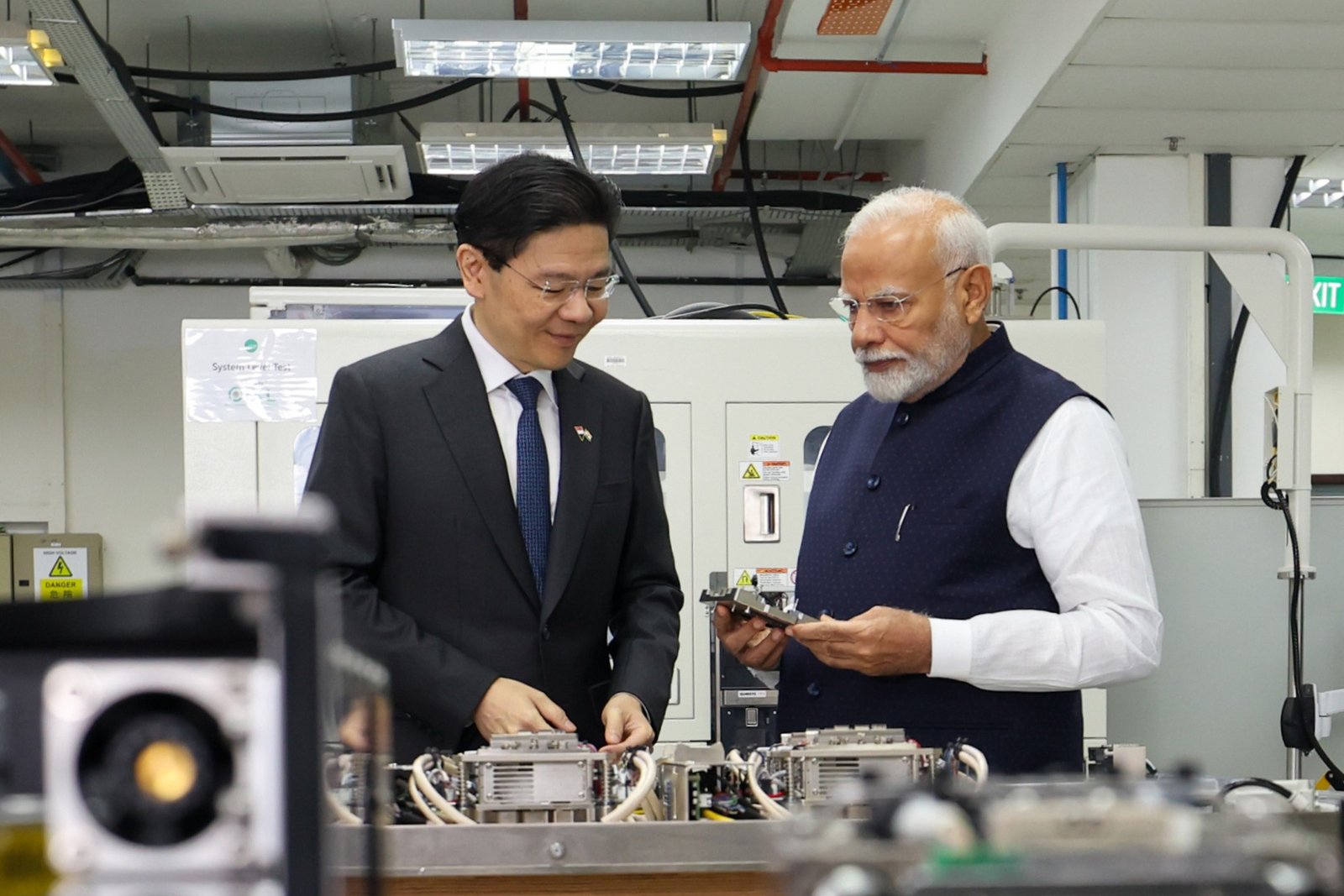
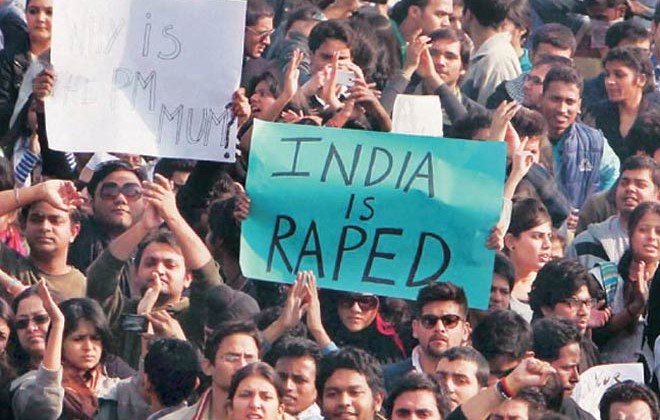
Reporter
Rommel is our Editor. He has close to three decades of experience in leading publishing houses including, Fortune India, Observer of Business & Politics, The New Indian Express etc.
View Reporter News